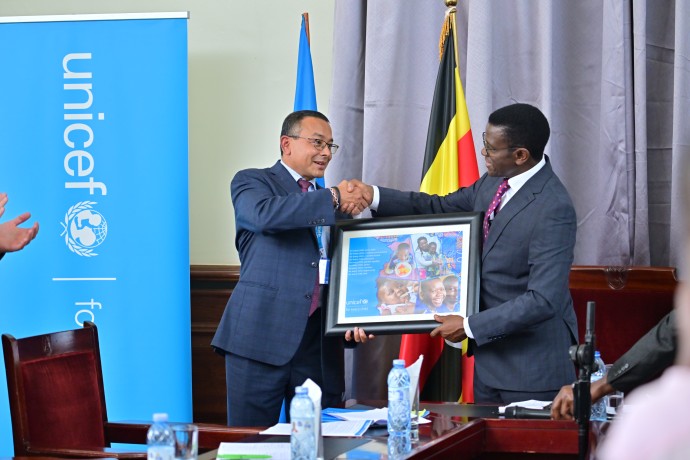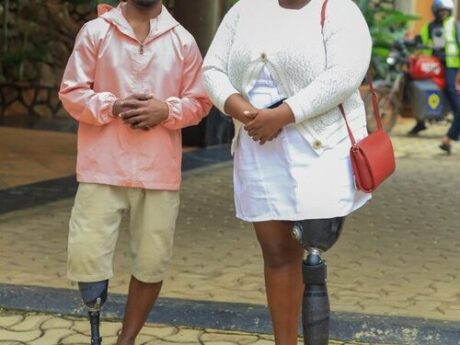
The Ministry of Gender is revising strategies to enhance the recovery of Youth Livelihood funds as cases of default continue to hamper the effective implementation of the government program. The minister of state for Youth Affairs Sarah Mateke says the ministry is now moving to the youths in the countryside, to establish the factors leading to low recoveries of youth livelihood funds.
While addressing the youths who took part in the 6th Annual Youth Parliament that was hosted in chambers of parliament today, the minister of state for Youths and Children’s affairs, Sarah Mateke urged the youths to volunteer ideas that can stimulate recovery of Youth Livelihood Programme funds following increased cases of defaulting.
Mateke noted that the low recovery rate of the Youth livelihood funds is a big concern to the ministry and they are hatching plans to carry out nationwide engagements of the beneficiaries. She revealed that they are going to empower RDCs to see that defaulters pay.
According to the Auditor General’s report, out of the 78.1bn recoverable funds that were expected to be recovered from beneficiaries of the Youth Livelihood Program-YLP in 2021/2022 financial year by the Ministry of Gender; only 39bn was recovered representing a 50% recovery rate. The Youth MPs Phiona Nyamutoro and Bernard Odoi explain the reasons behind the law recovery of disbursed funds.
Bernard Odoi the Youth representative for Eastern Uganda says the government has to move quickly to arrest youth groups that have failed to pay back, a position Jacob Eyeru the chairperson of the National Youth Council is against.
Eyeru wants the government to vary the grace period for YLP funds from six months to at least six months to mitigate cases of default.
By 2021, the Youth Livelihood Program (YLP) designed as one of the interventions of Government in response to the high unemployment rate and poverty among the youth, had disbursed UGX 314.672 billion since its inception in 2013, and over UGX 39.102 billion has been recovered. The program contributed 4% to job creation in Uganda with over 200,000 direct jobs and 500,000 indirect jobs.




